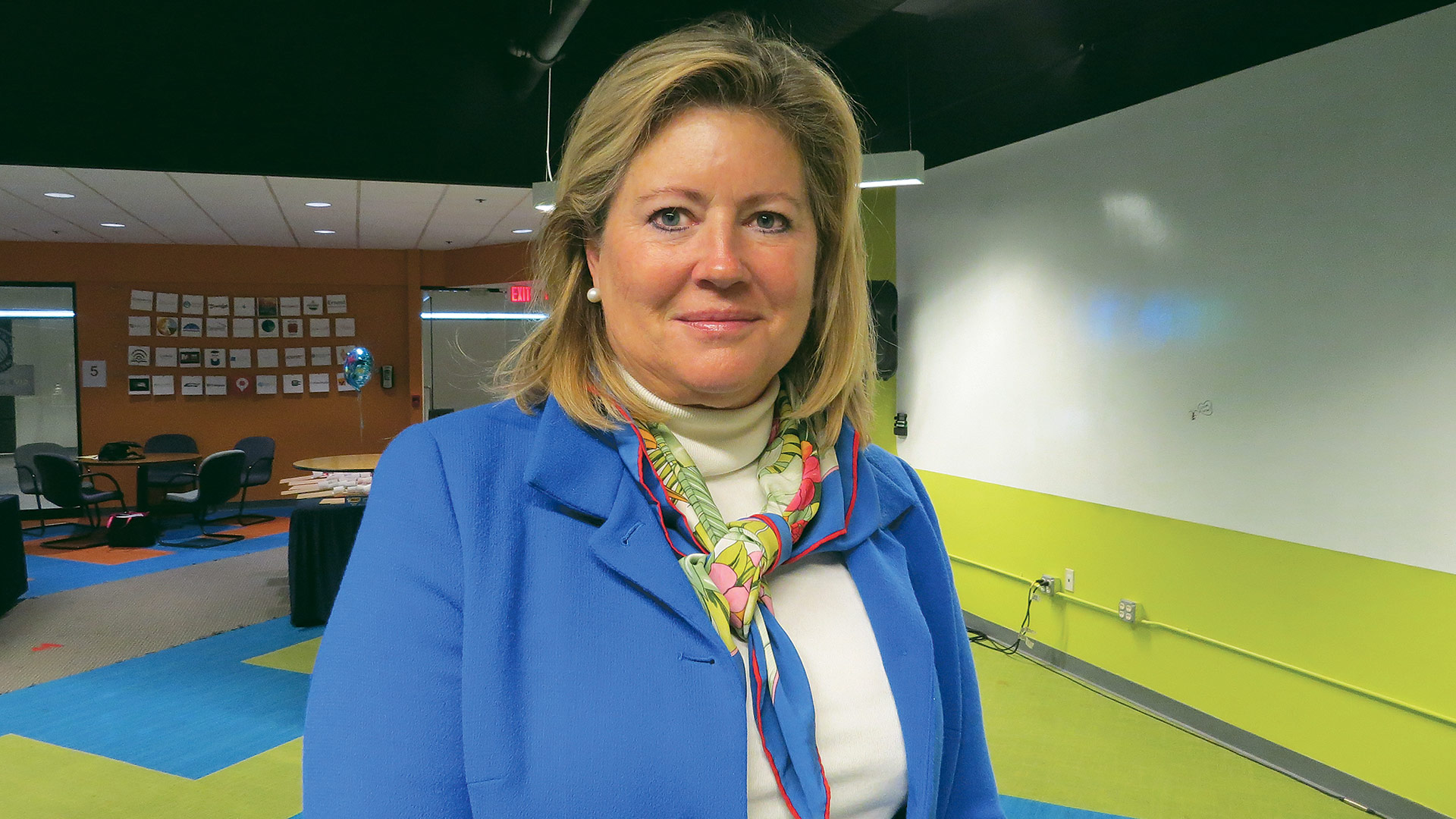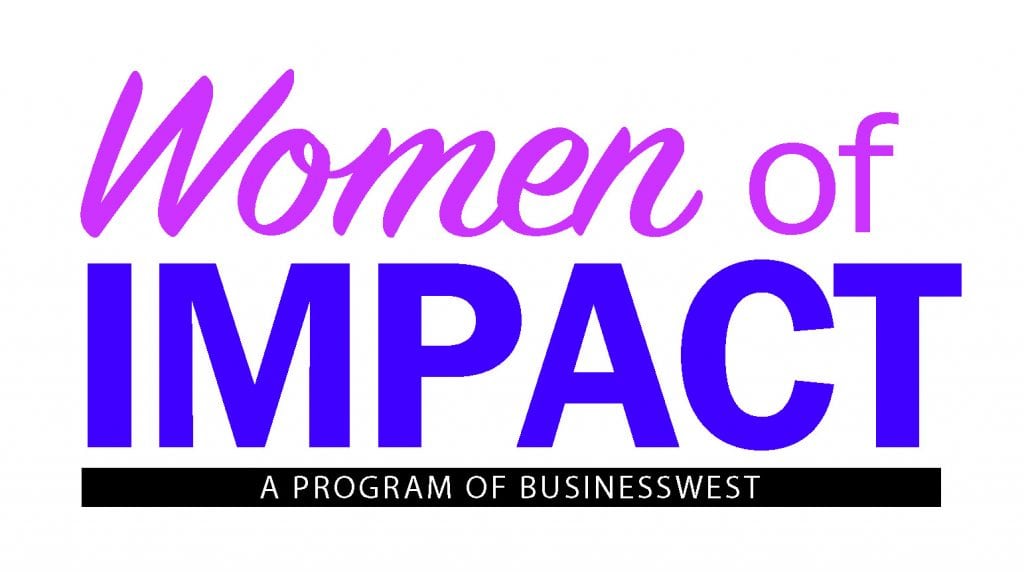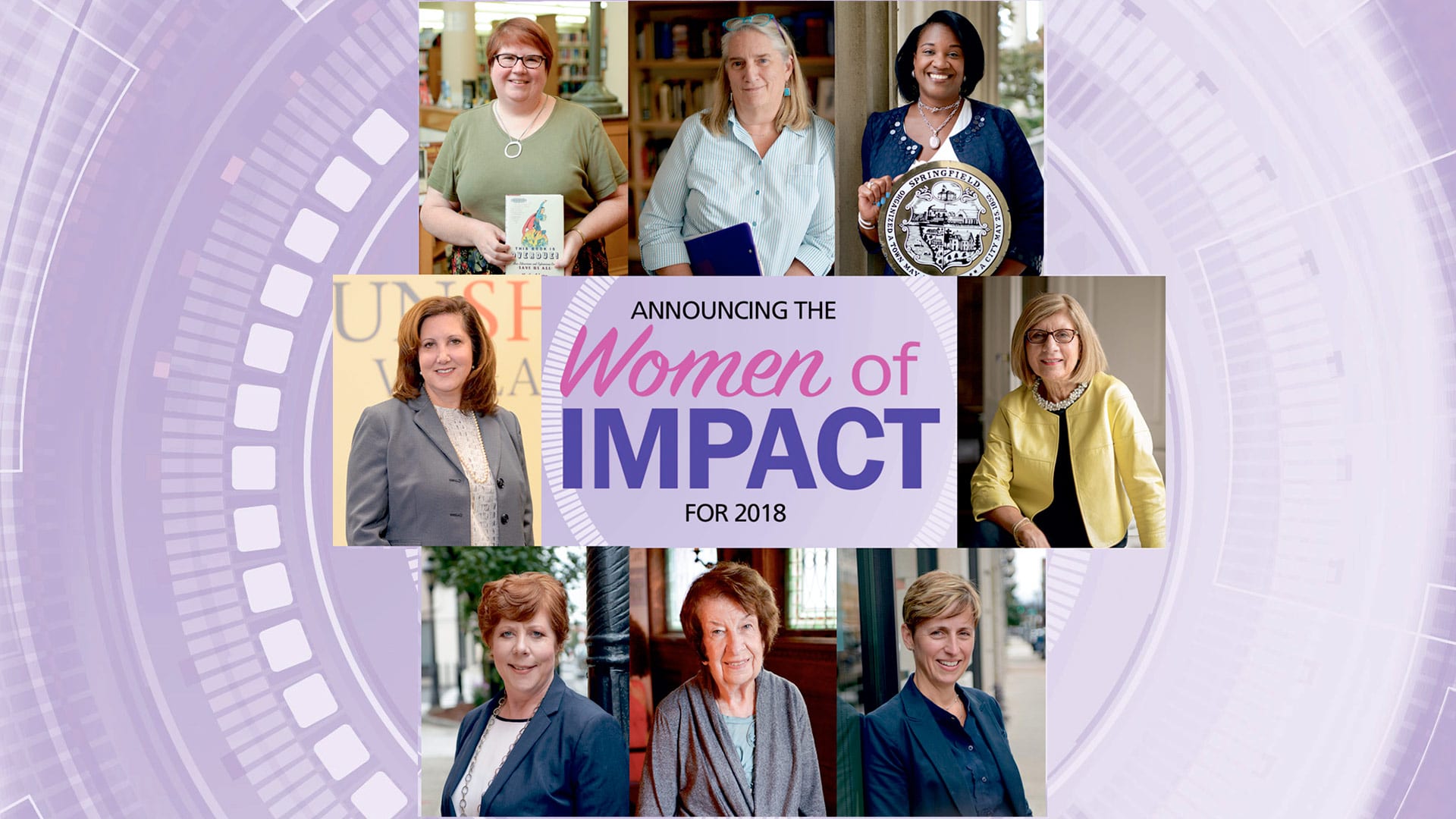Assistant Superintendent, Springfield Public Schools
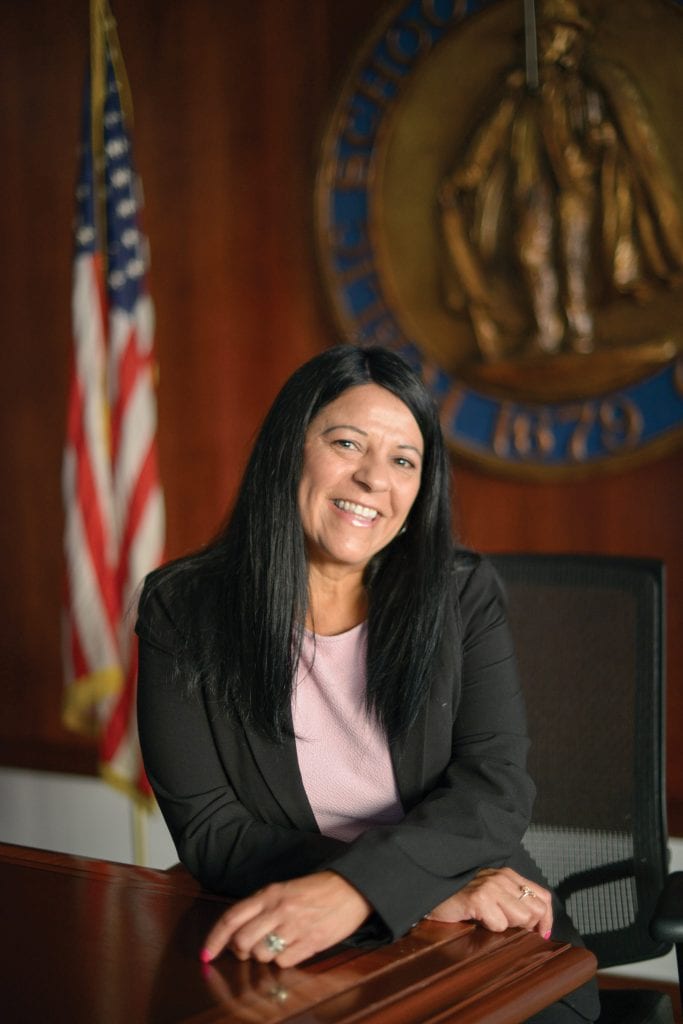
Lydia Martinez-Alvarez
This Educator and Leader Strives to Position Students for Success
Lydia Martinez-Alvarez says she entered the education field somewhat by default.
As she tells the story, she was working first at American Airlines at its reservation desk in Hartford and then Peter Pan Bus Lines in Springfield doing similar work just to make ends meet.
And then … she took a job as a substitute teacher and, as she put it, “got the bug.”
Big time.
Nearly a quarter-century after entering that fifth-grade classroom at Samuel Bowles Elementary School as a sub, she is the assistant superintendent of Springfield Public Schools (SPS). This is a position with a broad job description, as we’ll see, and one that ensures that each day is not like the one before it or the one after it.
She likes that aspect of it, certainly, but what she enjoys most is the challenge — and the opportunity — of positioning young people for success later in life, and this, when you get right down to it, is the basic job description for every one of the more than 4,000 people working for Springfield Public Schools.
It’s one of the many aspects of her work she is passionate about, as evidenced by these comments about the Working Cities Challenge — an initiative led by the Federal Reserve Bank of Boston to create opportunities for low-income residents of smaller cities in Massachusetts and Rhode Island — and Springfield’s involvement in it.
“When I saw the unemployment gap involving the 18- to 24-year-olds, I took it personally,” said Martinez-Alvarez, a core member of the team leading the city’s efforts within the program. “I thought, ‘we’re contributing to that gap — we’re letting them go at 18, and we’re sending them off to become unemployment statistics.
“That didn’t sit well with me,” she went on. “So when the opportunity came about to create a group to try to close that gap of unemployed and underemployed individuals, I jumped on it.”
“When I saw the unemployment gap involving the 18- to 24-year-olds, I took it personally. I thought, ‘we’re contributing to that gap — we’re letting them go at 18, and we’re sending them off to become unemployment statistics.”
She has jumped on a number of strategic initiatives to take what has long been one of Springfield’s weakest links — its school system — and make it an asset.
These efforts are still very much a work in progress, but there are encouraging signs.
Indeed, when Martinez-Alvarez and Superintendent Dan Warwick took their respective positions in 2012, the graduation rate in Springfield was 56.6%, and the dropout rate was 6.5%. Today, those numbers are 76.9% and 5.1%, respectively, rates of improvement that are among the most, if not the most, significant in the Commonwealth.
When asked what’s behind them, Martinez-Alvarez said there are many factors, but especially ongoing work to promote parental engagement and work vigorously to keep kids in school.
Summing it all up, she said it comes down to building relationships with those at every level of the equation — students, teachers, coaches, administrators, parents, and the community — and also creating more accountability.
While building these relationships, SPS works to develop plans for specific schools that will set goals for improvement, measure results, and keep the school in question on the desired track. And these are group efforts that involve many stakeholders.
Such efforts have generated improvement on many levels, including progress with taking a number of underperforming schools (formerly known as Level 4 schools) off that list (although many remain on it), and moving the needle in the right direction on graduation and dropout rates.
But the ultimate goal is to ensure that students can take those diplomas and use them to not only enter the workforce, but thrive within it.
And Martinez-Alvarez believes the system is making progress in this realm through initiatives ranging from internship and work programs to the new Conservatory of the Arts being created in the former Masonic Temple on State Street.
While playing a significant role is all these initiatives, Martinez-Alvarez, the first Hispanic to hold the assistant superintendent’s position in Springfield, has become a role model to all young women, Hispanic and non-Hispanic alike, who aspire to careers in education.
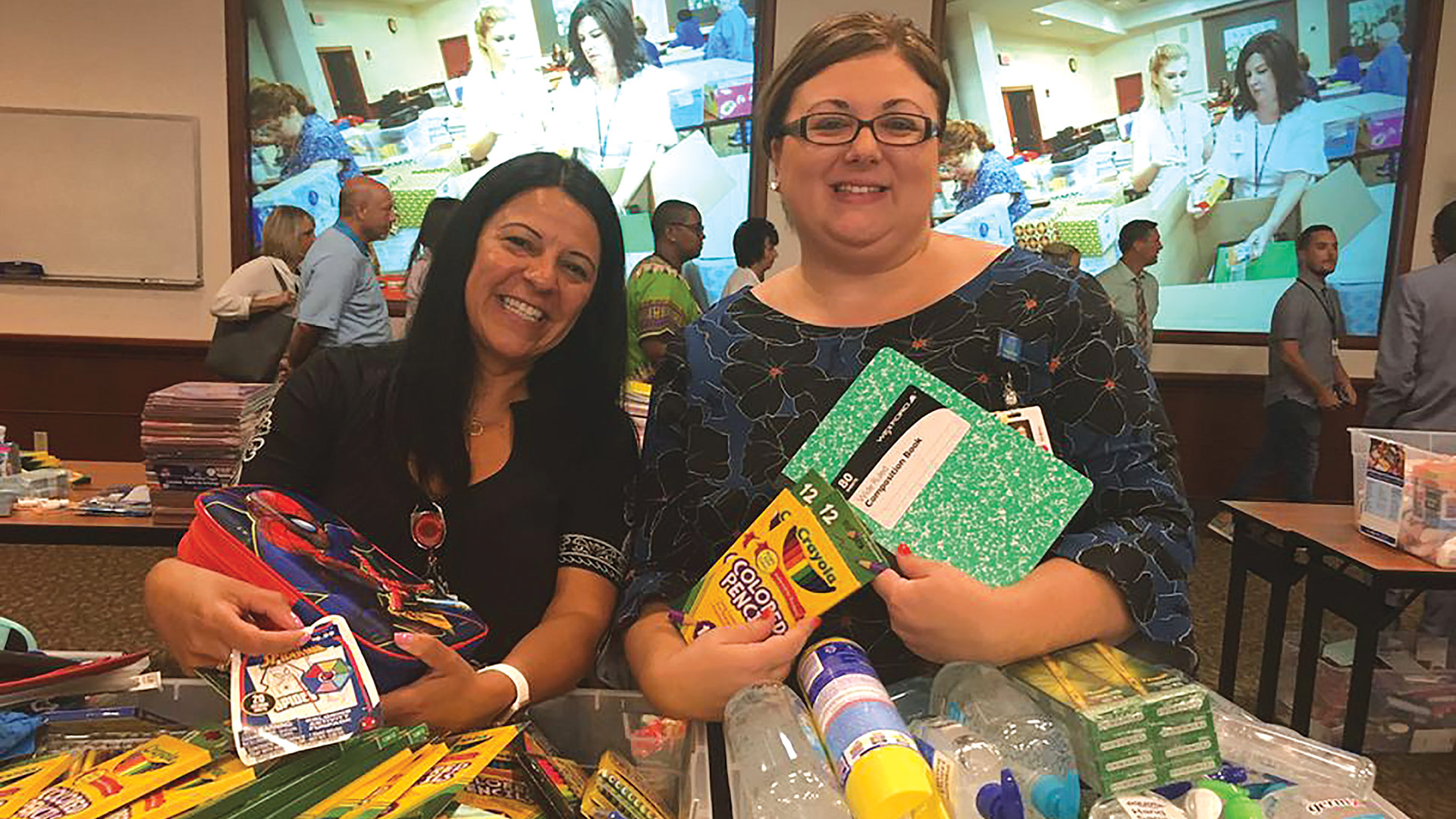
Lydia Martinez-Alvarez, left, seen here with Annamarie Golden, director of Community Relations at Baystate Medical Center at Baystate’s recent Adopt-a-Classroom Challenge, has been instrumental in helping Springfield’s schools get the tools they need to succeed.
That’s a role, like her one with the School Department, that she takes very seriously, and that’s one of many reasons why the judges have chosen her as a Woman of Impact for 2019.
Learning Curves
Martinez-Alvarez remembers a few intriguing, somewhat awkward, but ultimately “neat” moments when she became assistant principal of Chestnut Accelerated Middle School.
And perhaps with good reason.
After all, she attended the old Chestnut Middle decades earlier, and some of those who taught her were still at their jobs.
“All of a sudden, I became their boss, and that was interesting,” she recalled. “I would still call them … Miss Taylor, for example, and she would say, ‘no, Lydia, you don’t have to call me that.’ It was like I was still afraid of her, she was still my teacher; I couldn’t flip the relationship for some reason. But we did some really good things, and they were very supportive.”
Martinez-Alvarez has enjoyed a good deal of support during a 23-year career that has taken her from the classroom at Forest Park Middle School to the principal’s office at Chestnut to the administration offices of Springfield Public Schools.
Looking back on it, she said there has been a succession of opportunities made available to her, and she has taken advantage of each one — starting with that substitute teaching assignment.
After getting the ‘bug,’ as she put it, she knew she would need more than her degree in Business Management from Westfield State University to go any further in education. She consulted with David Cruise, then HR director of SPS (now director of MassHire Springfield) about charting a new career course. She earned her MAT (master’s degree in teaching) at Elms College, and while doing so took a job teaching Spanish part-time at Forest Park Middle School.
That job eventually led to a full-time teaching post at Forest Park Middle, during which Martinez-Alvarez said she was encouraged by her principal to get her administrators license. She did, taking part in both the Lead program within SPS and returning to Westfield State to earn her certificate of advanced graduate studies in education administration. She eventually became certified as a principal.
When asked about the shift from teaching to administration, Martinez-Alvarez said she started to take on administrative duties at Forest Park Middle — everything from the yearbook to creation of an annual talent show to MCAS tutoring — and enjoyed those assignments. With some encouragement, she decided to alter her career goals.
“Over the course of my career, there have been many instances where someone saw something in me that I didn’t necessarily see in myself,” she told BusinessWest, adding that this was the case with her principal at Forest Park Middle, Carol Fazio, who became a mentor in many respects.
“Over the course of my career, there have been many instances where someone saw something in me that I didn’t necessarily see in myself.”
“She said, ‘I would love for you to become an assistant principal,’ Martinez-Alvarez recalled. “When I asked her if she thought I could do it, she said ‘absolutely,’ and that prompted me to go back to Westfield State and enter Project Lead.”
She interned at Forest Park Middle, and when Jesus Jara was named superintendent of the High School of Science and Technology in 2003, he asked Martinez-Alvarez to join him as one of four assistant principals, a challenge she accepted.
“He gave me the 9th-graders,” she recalled, putting an exclamation point on that comment while acknowledging that was a logical move because she just came from a middle-school environment and knew many of the 9th-graders. “That’s a hard assignment for a newcomer like me, but it was fascinating; I really enjoyed the challenge.”
That has been a consistent theme throughout a career that saw her then take the helm at Chestnut Accelerated Middle School, which at the time, in 2004, had more than 1,200 students, an assignment that is in many ways a microcosm of her career and her commitment to help students succeed.
Grade Expectations
Like Sci Tech, as it’s called, Chestnut was facing a number of serious challenges when she arrived, including high absenteeism, a high suspension rate, test scores she described simply as “not so great,” and a relatively poor level of parental engagement.
She addressed those issues the same way she and the team at Sci Tech did, and the one the current administration does now.
“We really took a deep dive into what was happening through quantitative and qualitative data,” she explained. “We took a good look at who the teachers were, their strengths and weaknesses and attributes, and made some changes around the needs of the children.
“We had to look at everything, from the way the children were interacting in the halls to the PE schedule to the lunch schedule, and adjust according to the needs of the children,” she went on, stressing that word ‘we,’ and noting that this was a team effort.
And an effort focused on building those relationships she mentioned earlier, including one with the neighborhood, Plainfield, that surrounded the school.
“Many of our teachers at the time didn’t know the community, and they were afraid of it in many ways,” she explained. “Plainfield had a reputation which I didn’t agree with because I’d always lived in that part of town; I didn’t see what others saw. I saw a beautiful community filled with beautiful people. So we did a lot around the community so people would get to know it and people would get to know us.”
Martinez-Alvarez remained at Chestnut until 2008, when she became senior administrator for the Leadership Continuum and was named to the system’s senior leadership team.
Near the end of 2009, she became chief schools officer for Zone 3, meaning she supervised and led nine middle schools and high schools in the city. And when Warwick became superintendent in 2012, he asked Martinez-Alvarez to join him as assistant superintendent.
As noted earlier, this position comes with a detailed job description and a host of responsibilities.
Running through them quickly, she’s involved in all school initiatives, but specifically oversees everything from IT to attendance; from college readiness to summer school; from student services to Springfield School Volunteers.
That list also includes athletics and, most recently, work to identify the latest members to be enshrined into the SPS Sports Hall of Fame and the naming of its class of 2019, to be honored on Nov. 23 at Central High School.
Slicing through everything within her job description, Martinez-Alvarez said she and all those in administration at SPS are charged with positioning teachers, schools, and students for success.
This brings her back to those aforementioned strategies developed for specific schools within the system in conjunction with the state — and the relationship-building efforts with the many stakeholders involved with these strategic initiatives. And also to something she called “learning walks,” which are taken after plans are created and put into place.
“We need to monitor things and make sure these plans are not dust collectors on the shelf — that they’re live plans that are being fulfilled,” she explained. “We do learning walks — we go through the classrooms and look for evidence that change is occurring and that we’re doing what we told the state we were going to do to in order to make progress and close the learning gap for our students.”
Such initiatives have succeeded in helping 10 city schools exit the list of underperforming facilities, she went on, adding that several are still in underperforming status.
Overall, she believes SPS has turned a corner of sorts over the past several years.
“There are many things we’ve been doing, and that I’ve become personally involved with, to change the dynamics of what’s happening not only in our schools, but in our city,” she told BusinessWest. “And I believe we’re making some real progress.”
That phrase extends to efforts to close that gap involving the unemployed and underemployed, she said, adding that, through a host of initiatives, students are more workforce-ready when they take their diploma on graduation day.
Class Act
When asked to look back at her career to date and identify what she’s most proud of, Martinez-Alvarez didn’t hesitate.
“It’s the work to ensure that our students have the best possible learning experiences before they leave us, and that there’s something for them to go to when they leave,” she said. “It’s not just taking them to the end of their time with us — it’s about where they’re going next and preparing them for that.”
As noted, significant progress has been made in this realm, and Martinez-Alvarez has been a real force in making it come about.
And that’s just one of many reasons why she’s a Woman of Impact.
George O’Brien can be reached at [email protected]
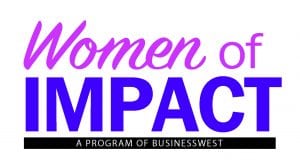
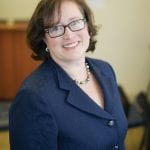

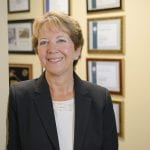
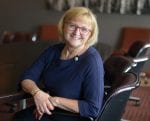
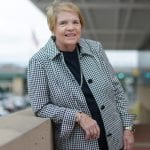
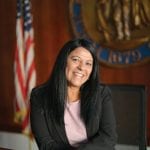
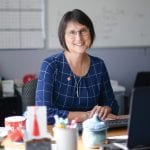
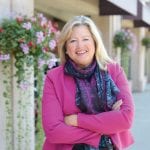
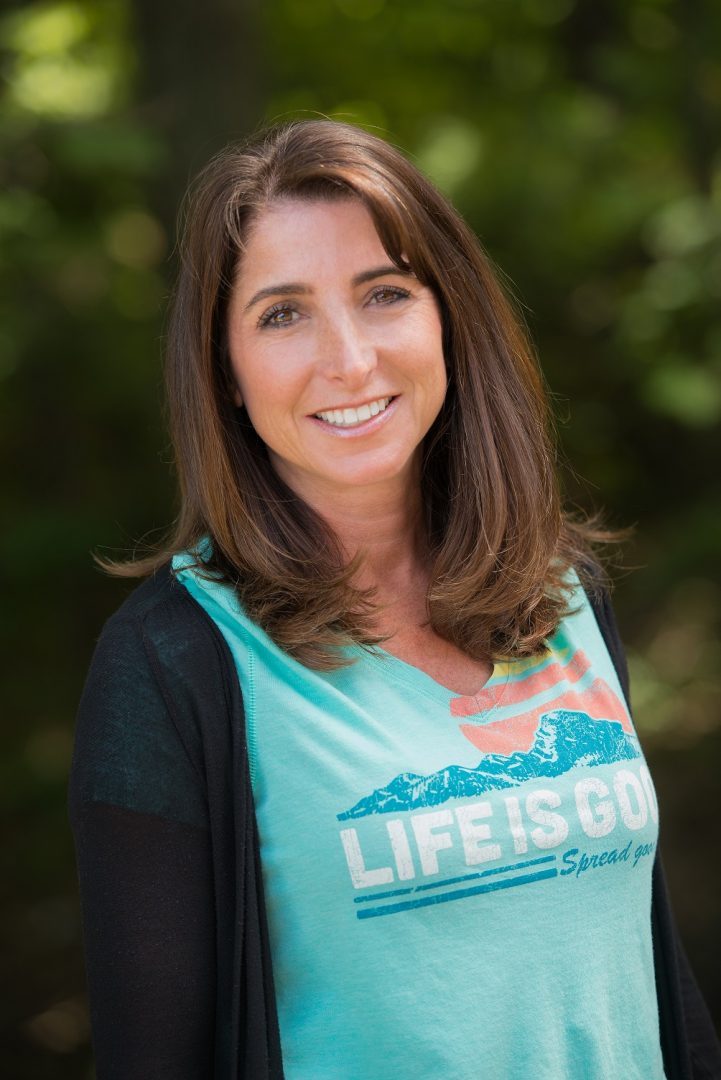 Lisa Tanzer, president of Life is Good, has over 25 years of consumer brand experience. Prior to becoming president, Lisa served as the company’s head of Marketing after spending over 20 years on the board of directors of the Life is Good Kids Foundation. She’s held executive positions in the entertainment, ecommerce, and education sectors. Earlier in her career, Lisa held marketing and strategy roles at Hasbro, Staples, The Gillette Company, and PricewaterhouseCoopers. She received her BA from Tufts University and an MBA from Harvard Business School.
Lisa Tanzer, president of Life is Good, has over 25 years of consumer brand experience. Prior to becoming president, Lisa served as the company’s head of Marketing after spending over 20 years on the board of directors of the Life is Good Kids Foundation. She’s held executive positions in the entertainment, ecommerce, and education sectors. Earlier in her career, Lisa held marketing and strategy roles at Hasbro, Staples, The Gillette Company, and PricewaterhouseCoopers. She received her BA from Tufts University and an MBA from Harvard Business School. Taylor Knight joined 22News in July of 2018 as a multimedia journalist. Currently, Taylor is the co-anchor of the 22News weekday morning newscasts and a reporter for the 22News I-Team. Before arriving in Springfield, Taylor was a reporter for FiOS1 News in New Jersey. Taylor began her career as a multimedia journalist in Connecticut, covering news and sports in Fairfield County. Taylor earned her B.A. in broadcast journalism at Temple University in Philadelphia. During college, she interned at WFSB in Connecticut and NBC Sports Philadelphia. In her free time, Taylor enjoys spending time with her dog, running, and watching the Philadelphia Eagles. She is excited to now be “Working for You!”
Taylor Knight joined 22News in July of 2018 as a multimedia journalist. Currently, Taylor is the co-anchor of the 22News weekday morning newscasts and a reporter for the 22News I-Team. Before arriving in Springfield, Taylor was a reporter for FiOS1 News in New Jersey. Taylor began her career as a multimedia journalist in Connecticut, covering news and sports in Fairfield County. Taylor earned her B.A. in broadcast journalism at Temple University in Philadelphia. During college, she interned at WFSB in Connecticut and NBC Sports Philadelphia. In her free time, Taylor enjoys spending time with her dog, running, and watching the Philadelphia Eagles. She is excited to now be “Working for You!”


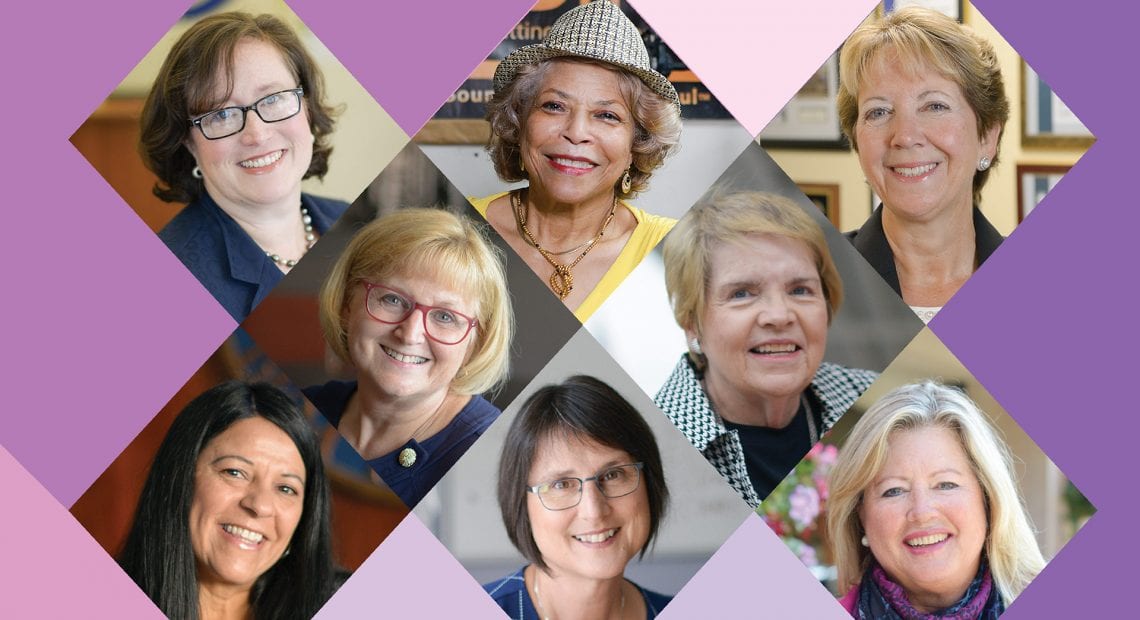
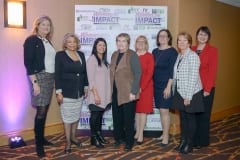
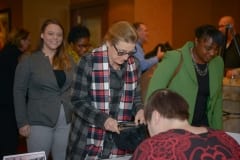
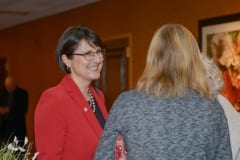

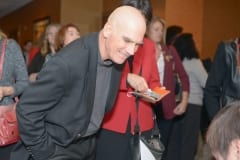
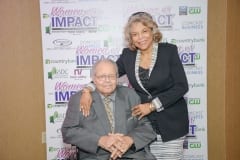
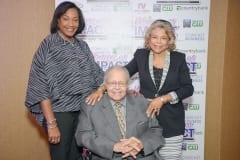
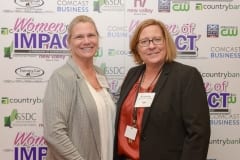
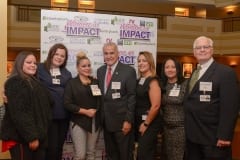
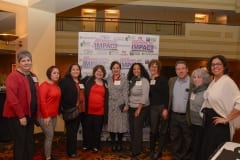
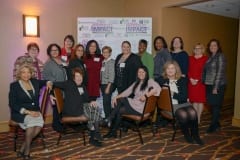
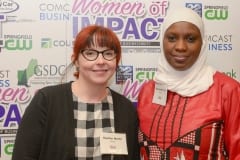
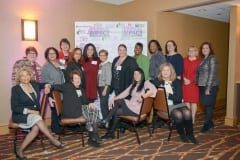
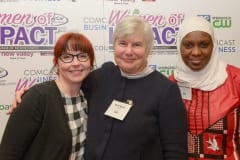
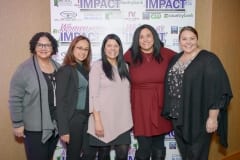
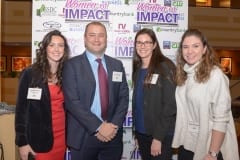
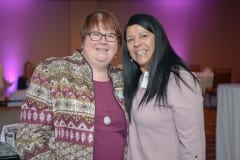
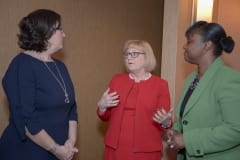
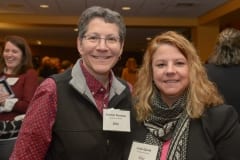
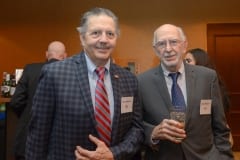




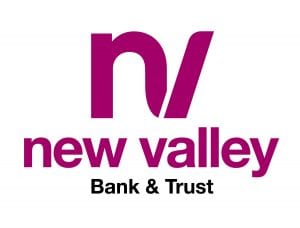

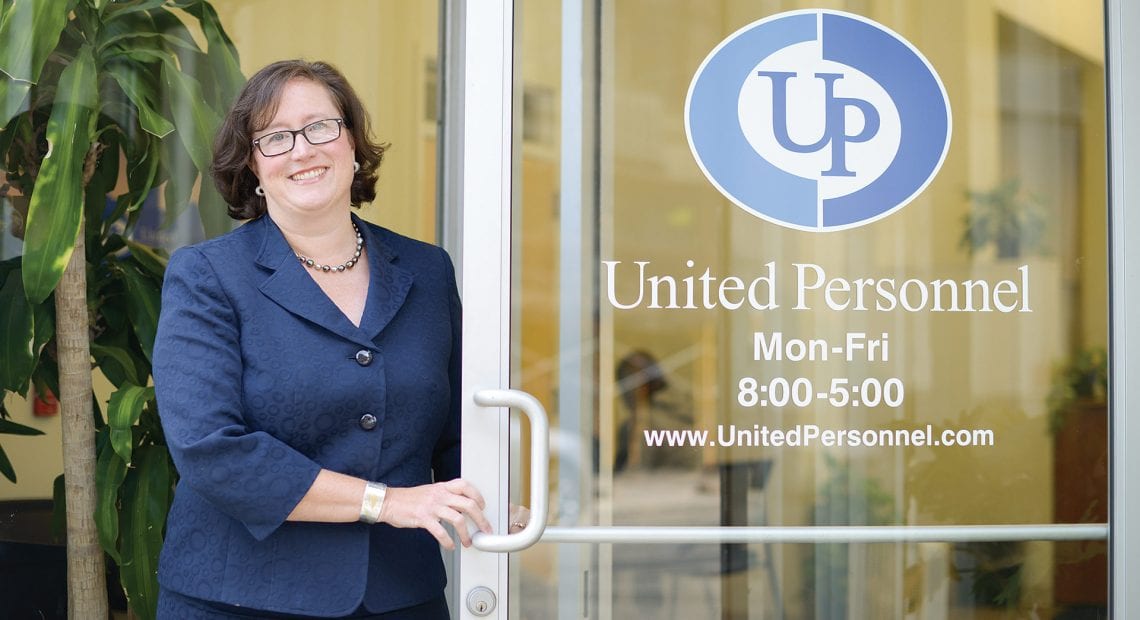
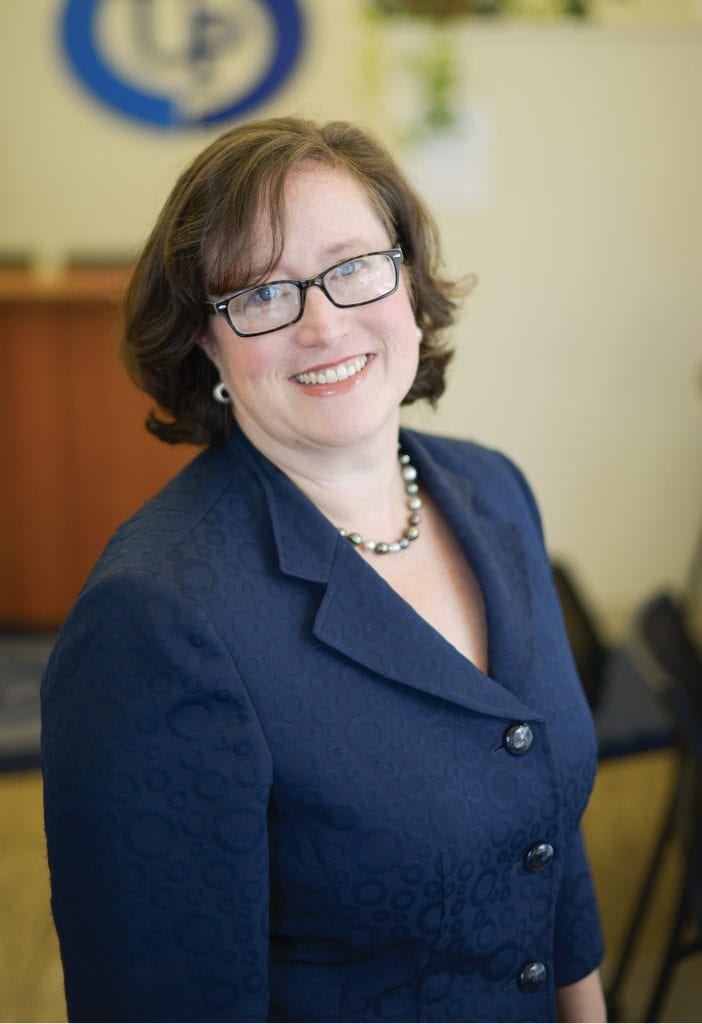 Tricia Canavan spent much of her early career as an educator. Today, in a much different role, education is never far from her mind.
Tricia Canavan spent much of her early career as an educator. Today, in a much different role, education is never far from her mind.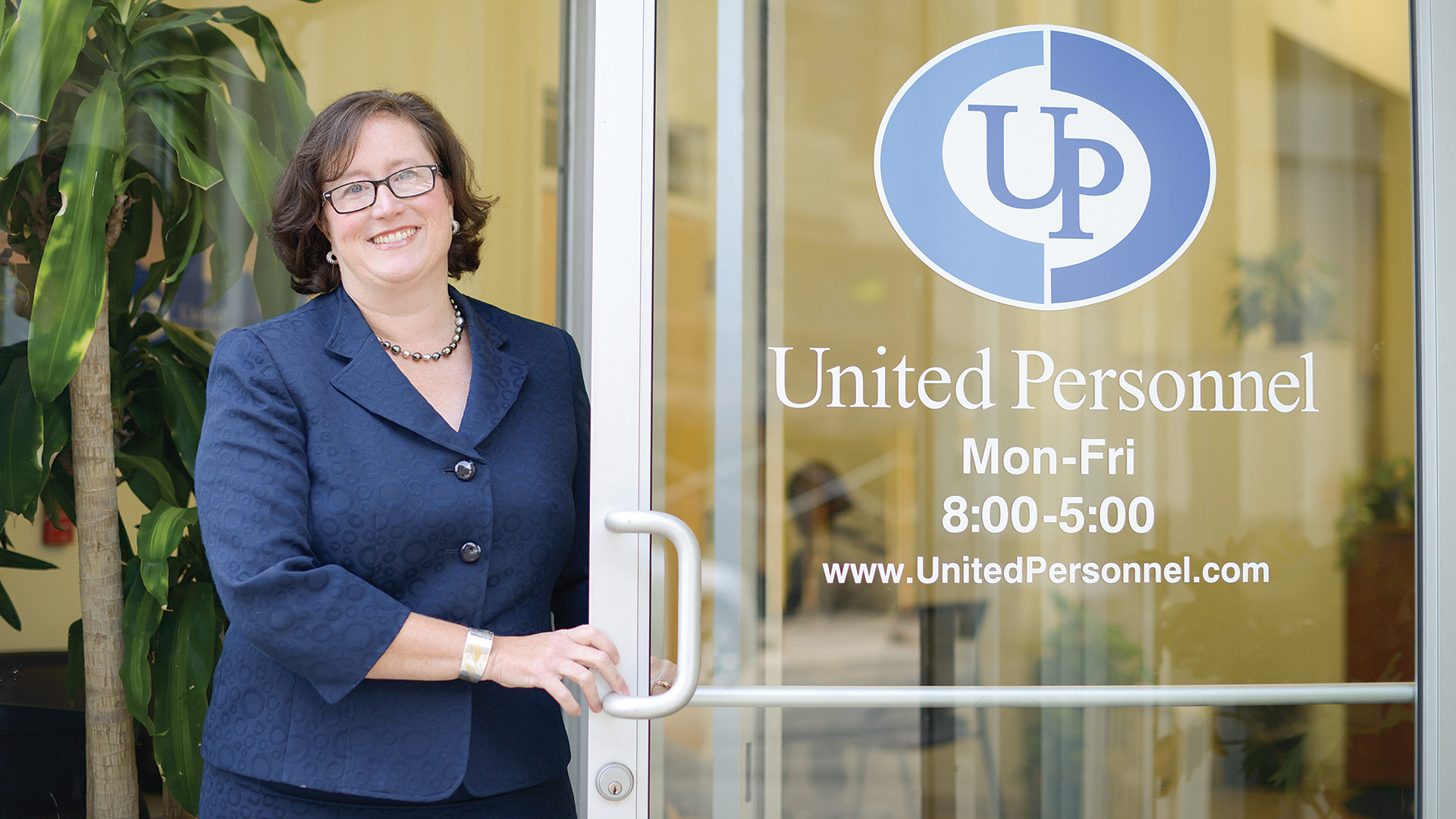
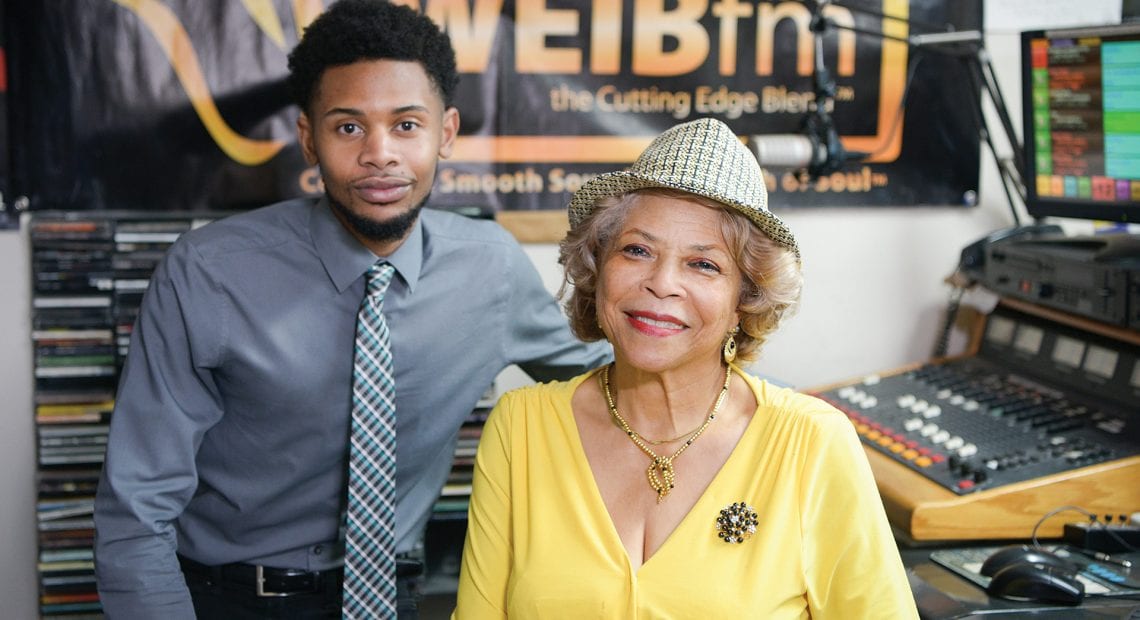
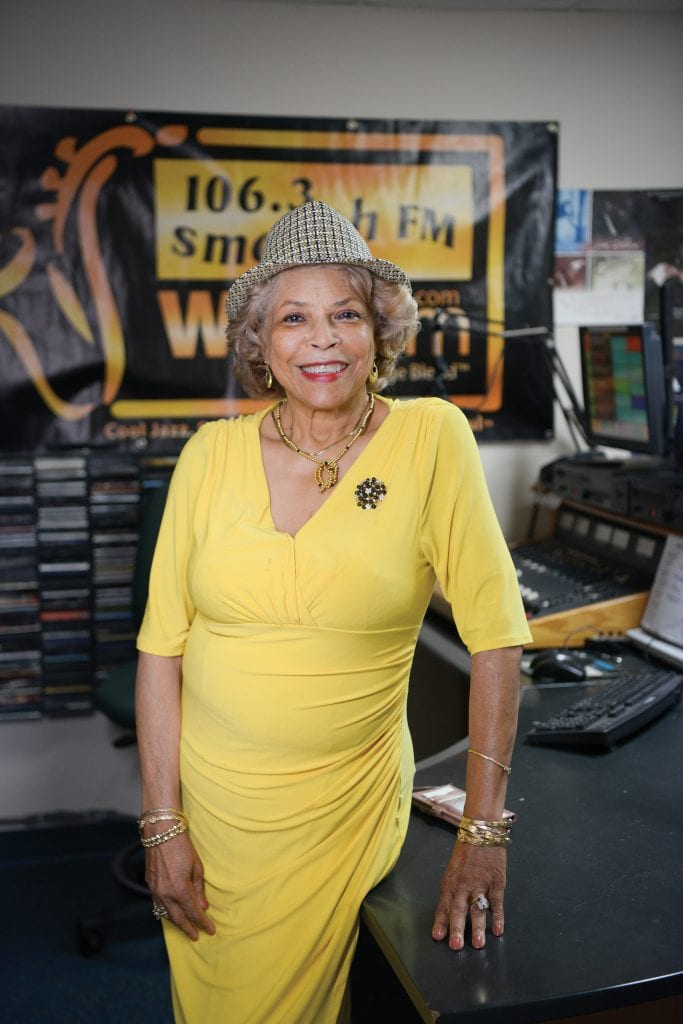 This Radio Pioneer Has Overcome Obstacles to Better Her Community
This Radio Pioneer Has Overcome Obstacles to Better Her Community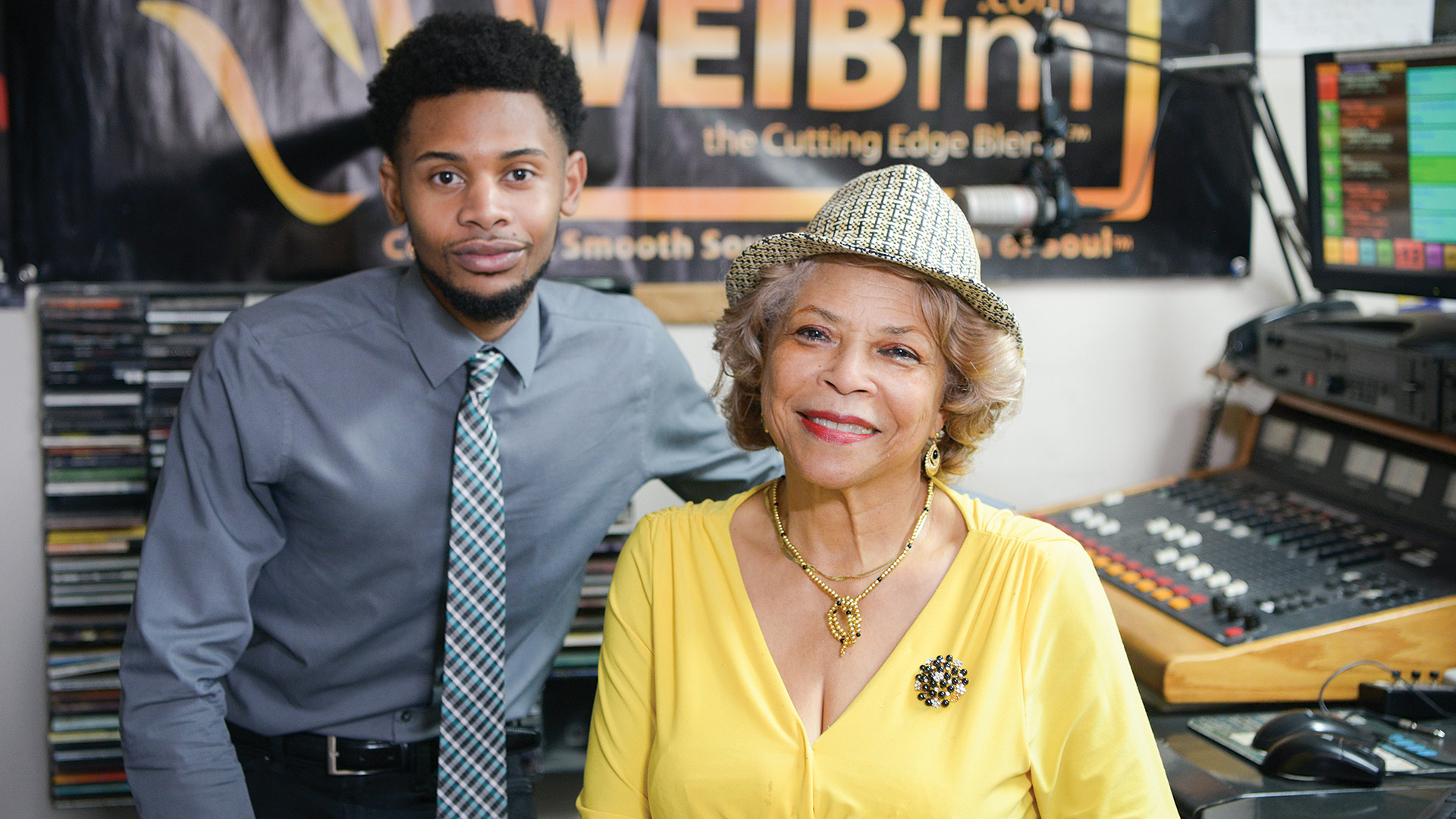
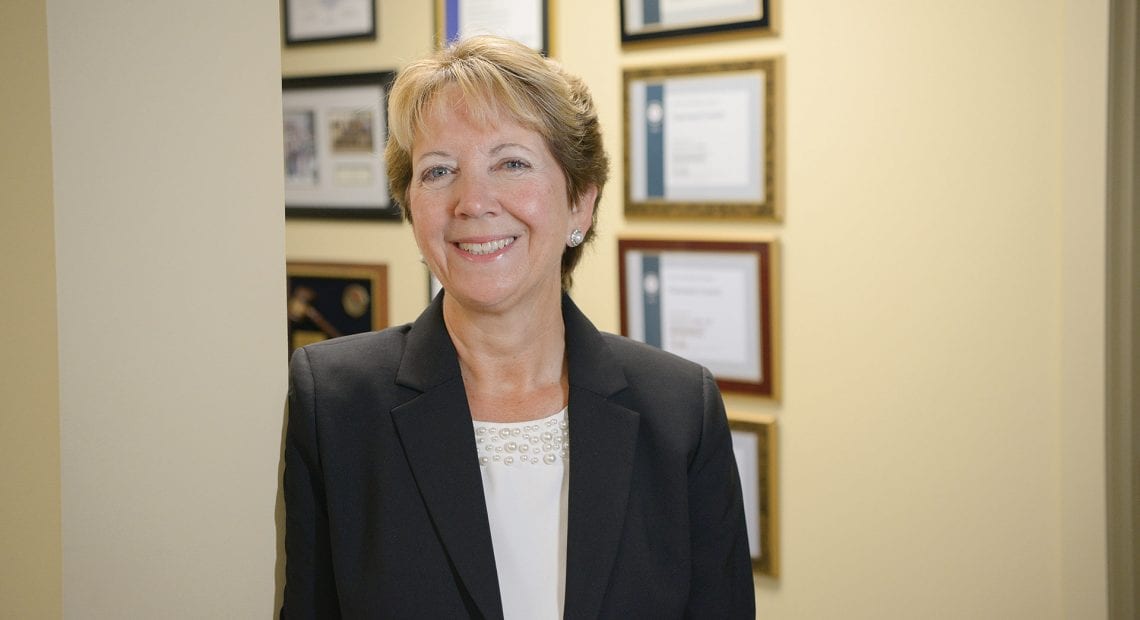
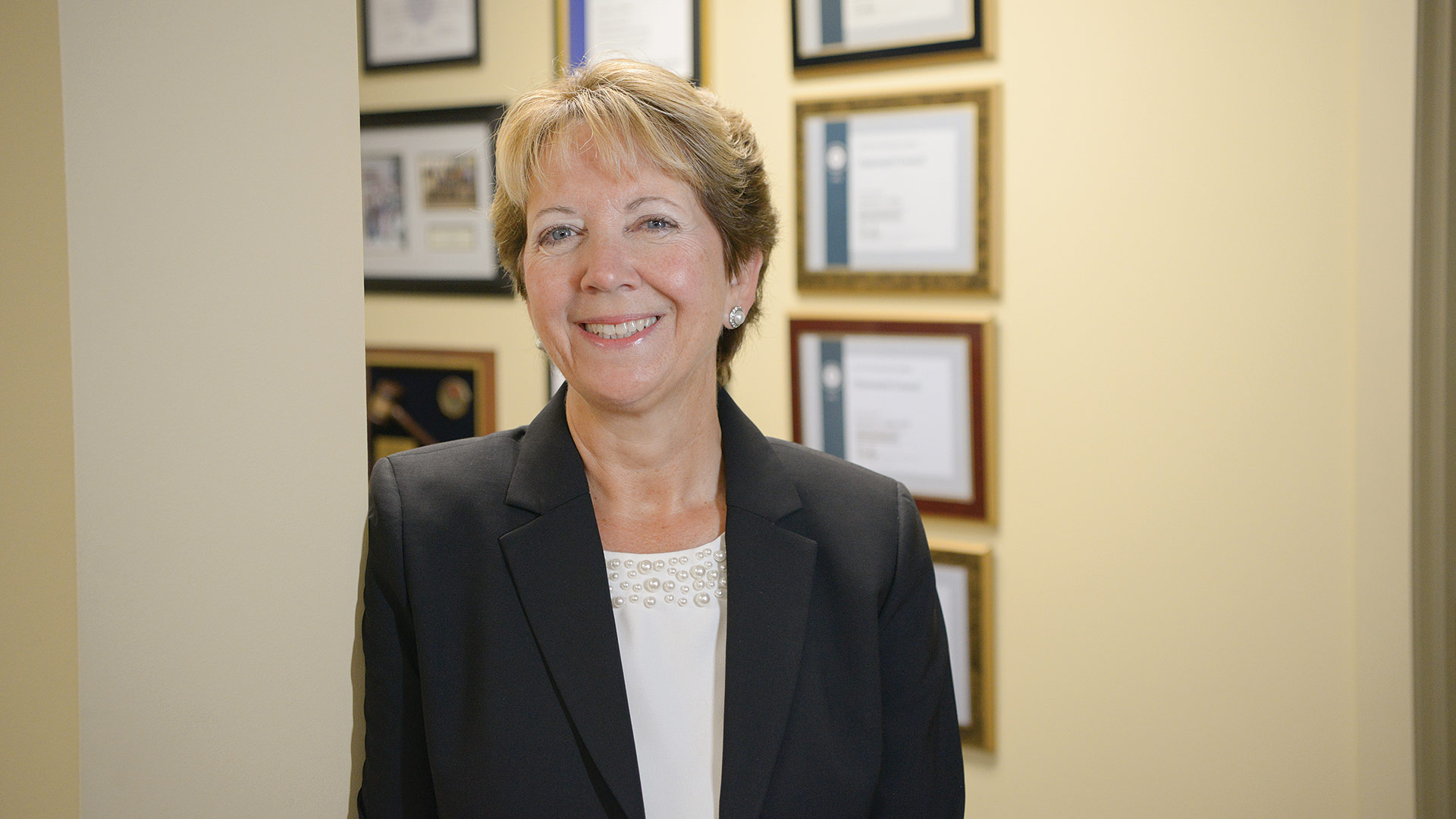 Jean Deliso likes to say she is part financial advisor, part therapist.
Jean Deliso likes to say she is part financial advisor, part therapist.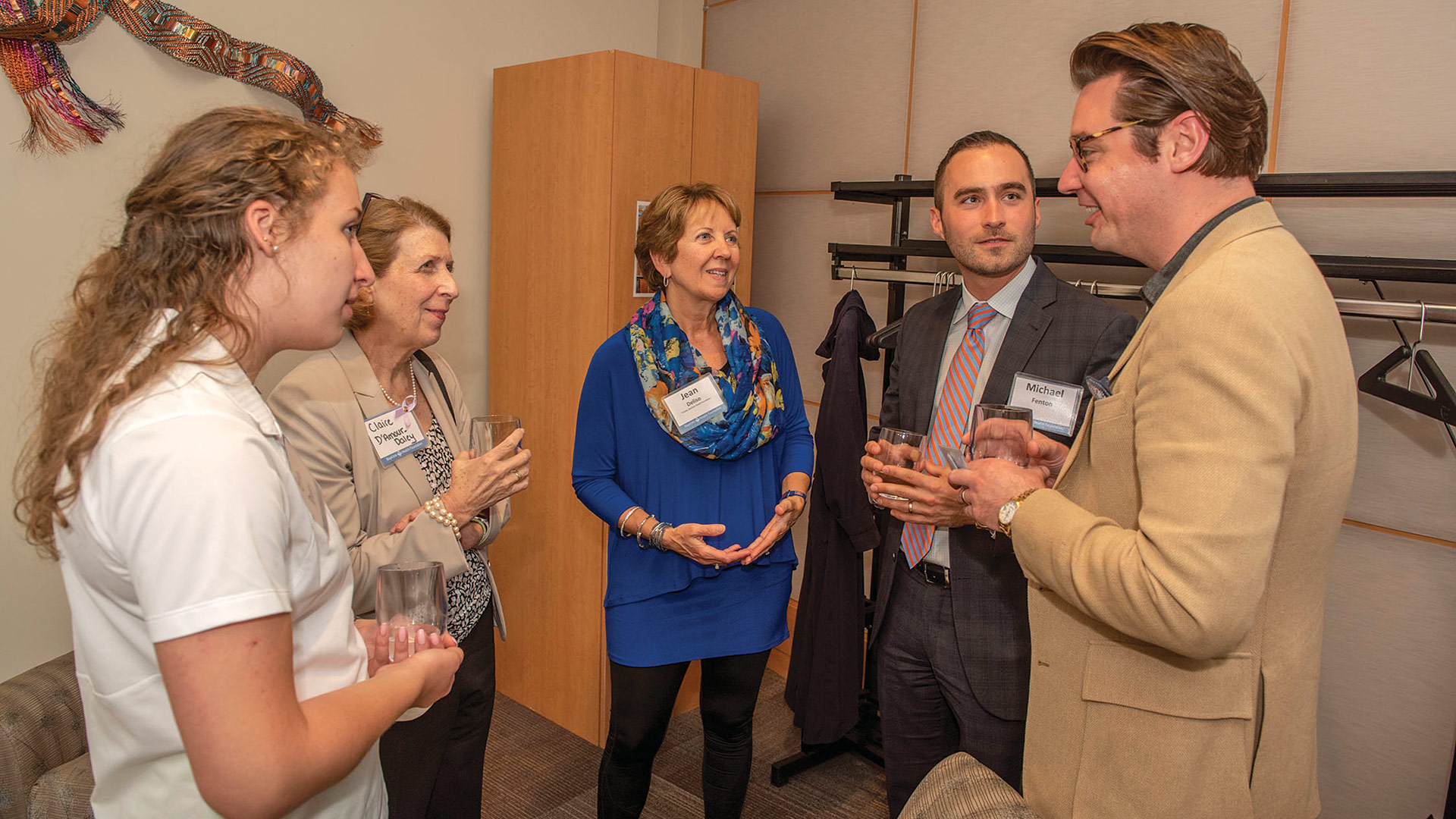
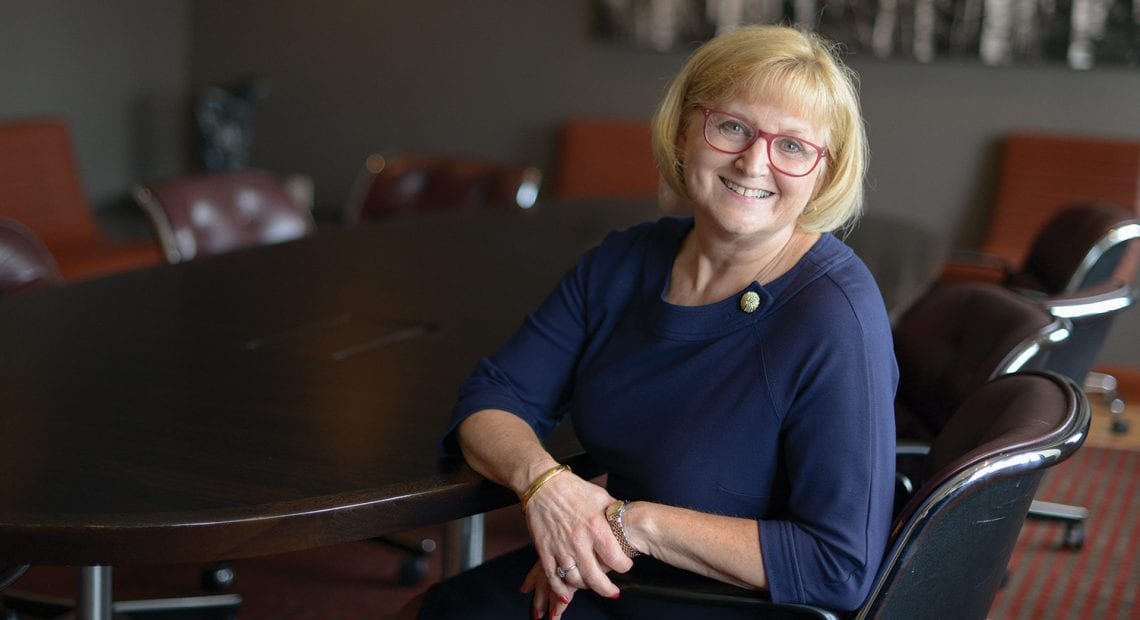
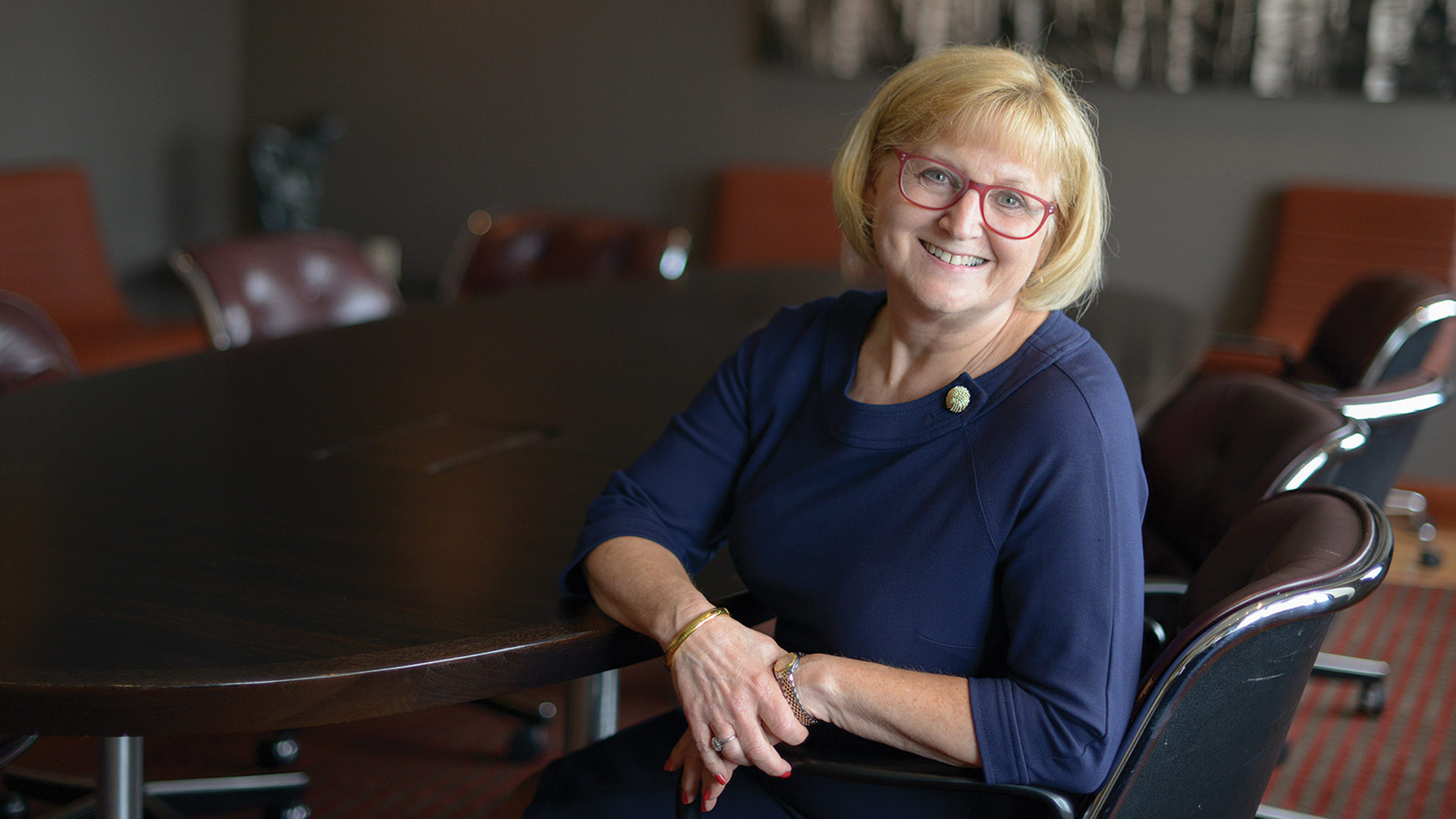 ‘Hi, Ellen. I hope all is well. I can’t wait to see you soon and hear all about your trip! My colleague Erica is very interested in getting even more deeply connected to the philanthropic life of the Greater Springfield area. Your name immediately came to mind, and I thought you both would have a lot to discuss.
‘Hi, Ellen. I hope all is well. I can’t wait to see you soon and hear all about your trip! My colleague Erica is very interested in getting even more deeply connected to the philanthropic life of the Greater Springfield area. Your name immediately came to mind, and I thought you both would have a lot to discuss.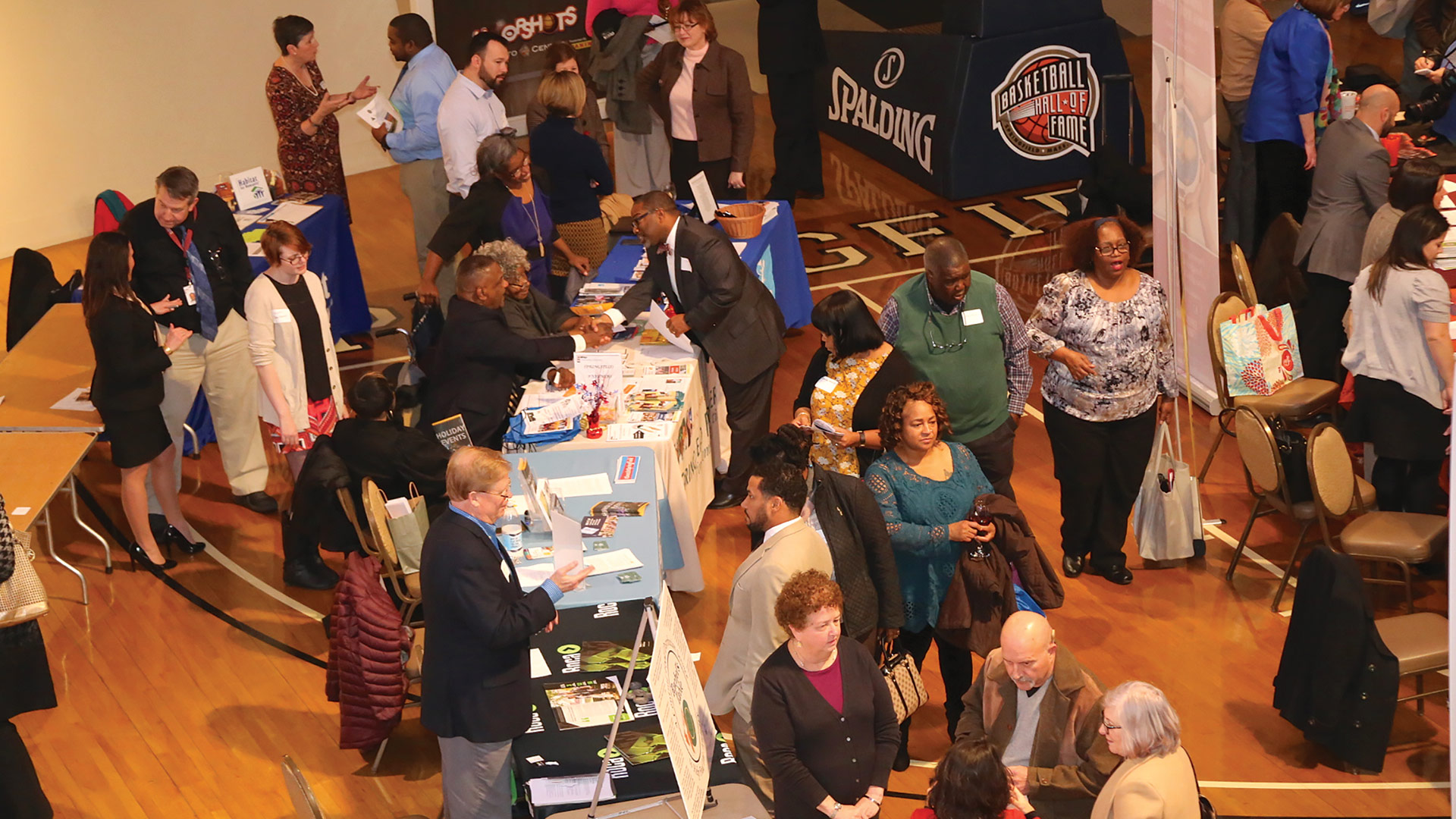

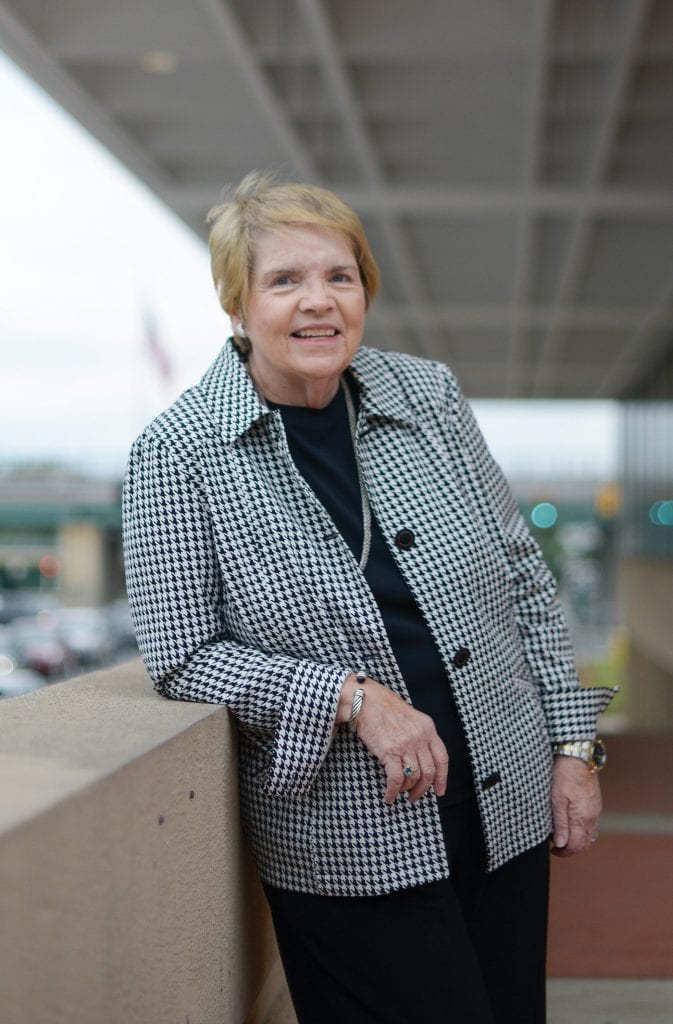 Former Mayor Says Making an Impact Recharges Her Batteries
Former Mayor Says Making an Impact Recharges Her Batteries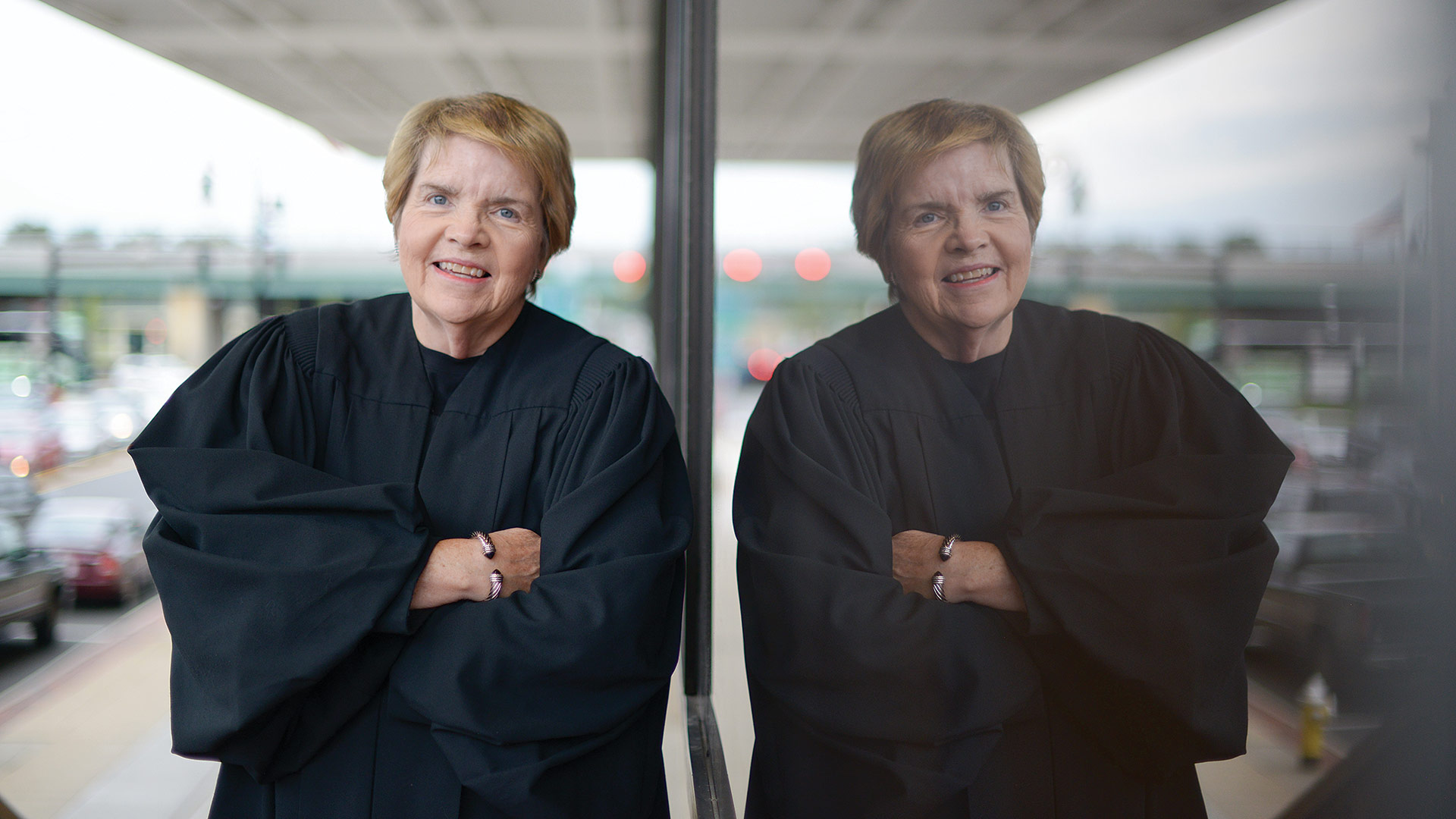
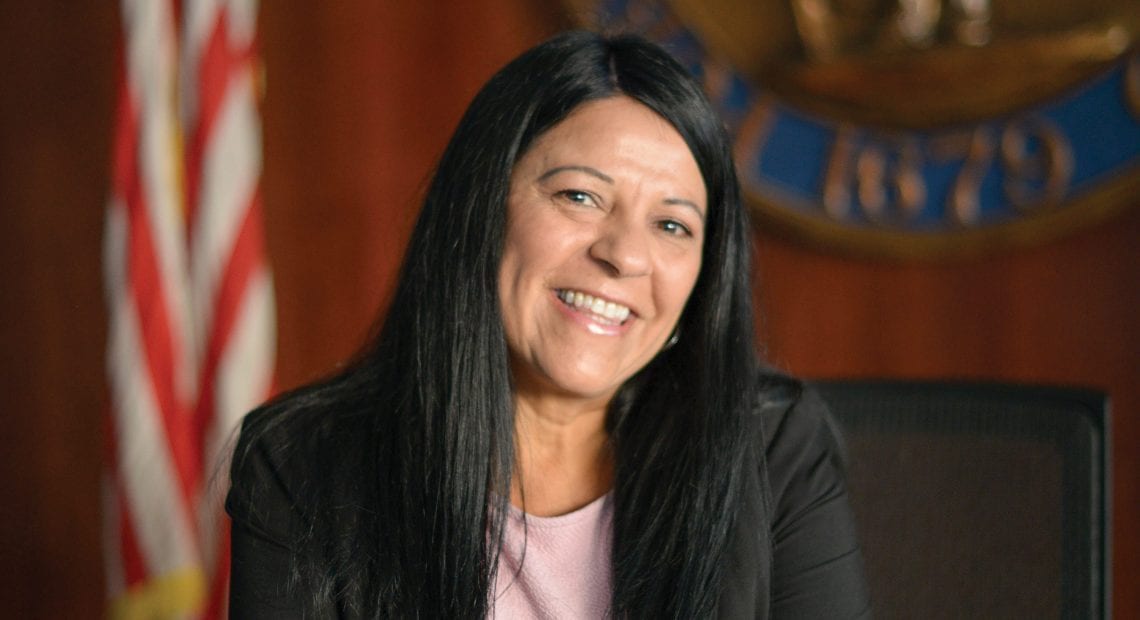


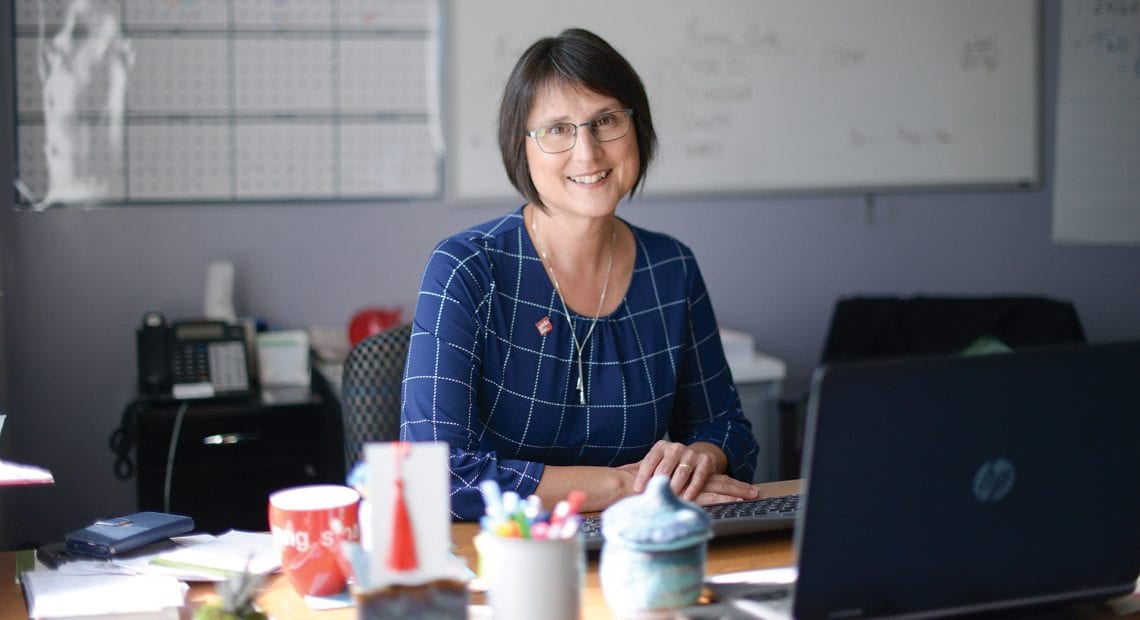
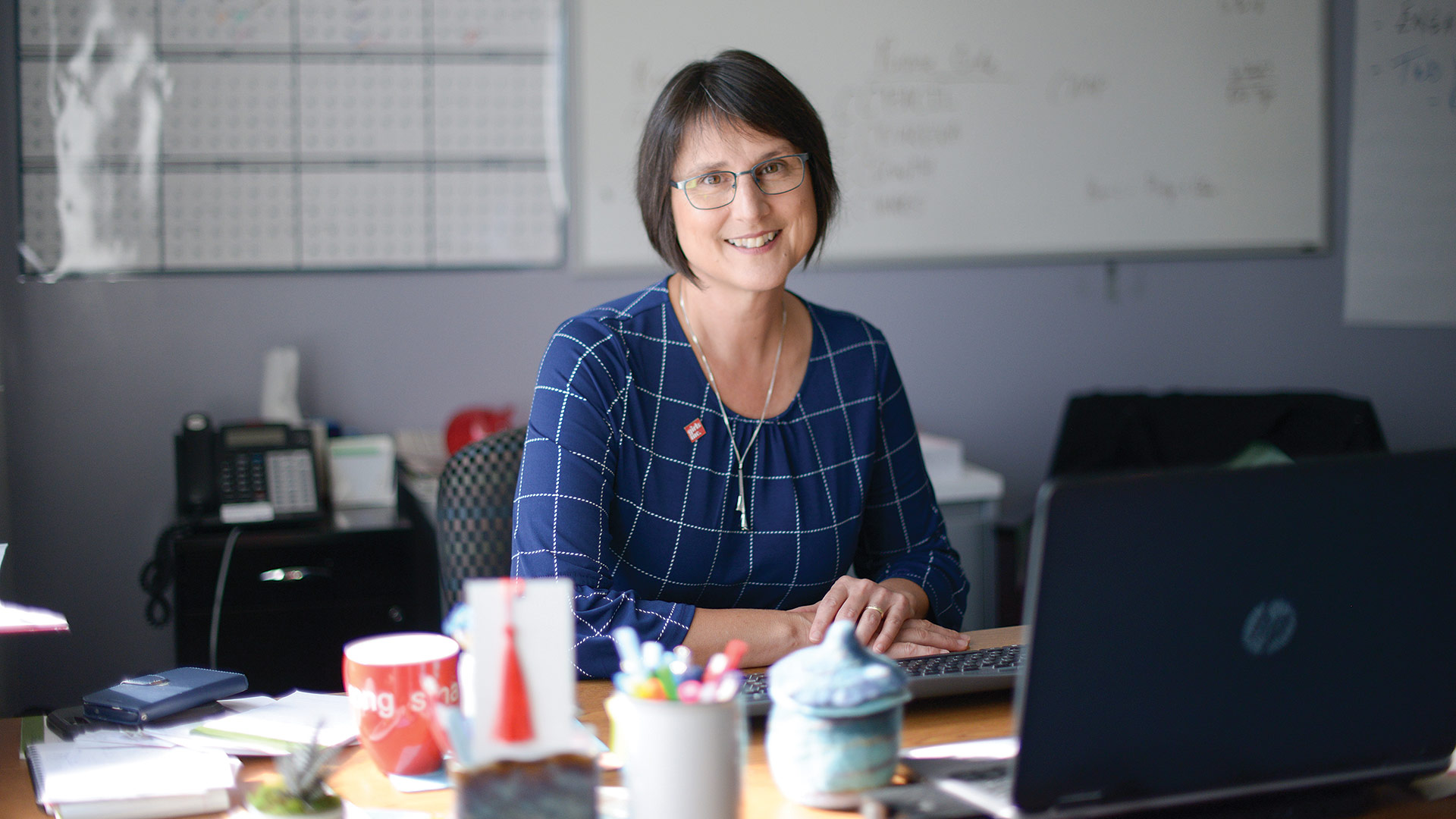 Girls Inc. Leader Is an Innovator, Role Model, and Inspiration
Girls Inc. Leader Is an Innovator, Role Model, and Inspiration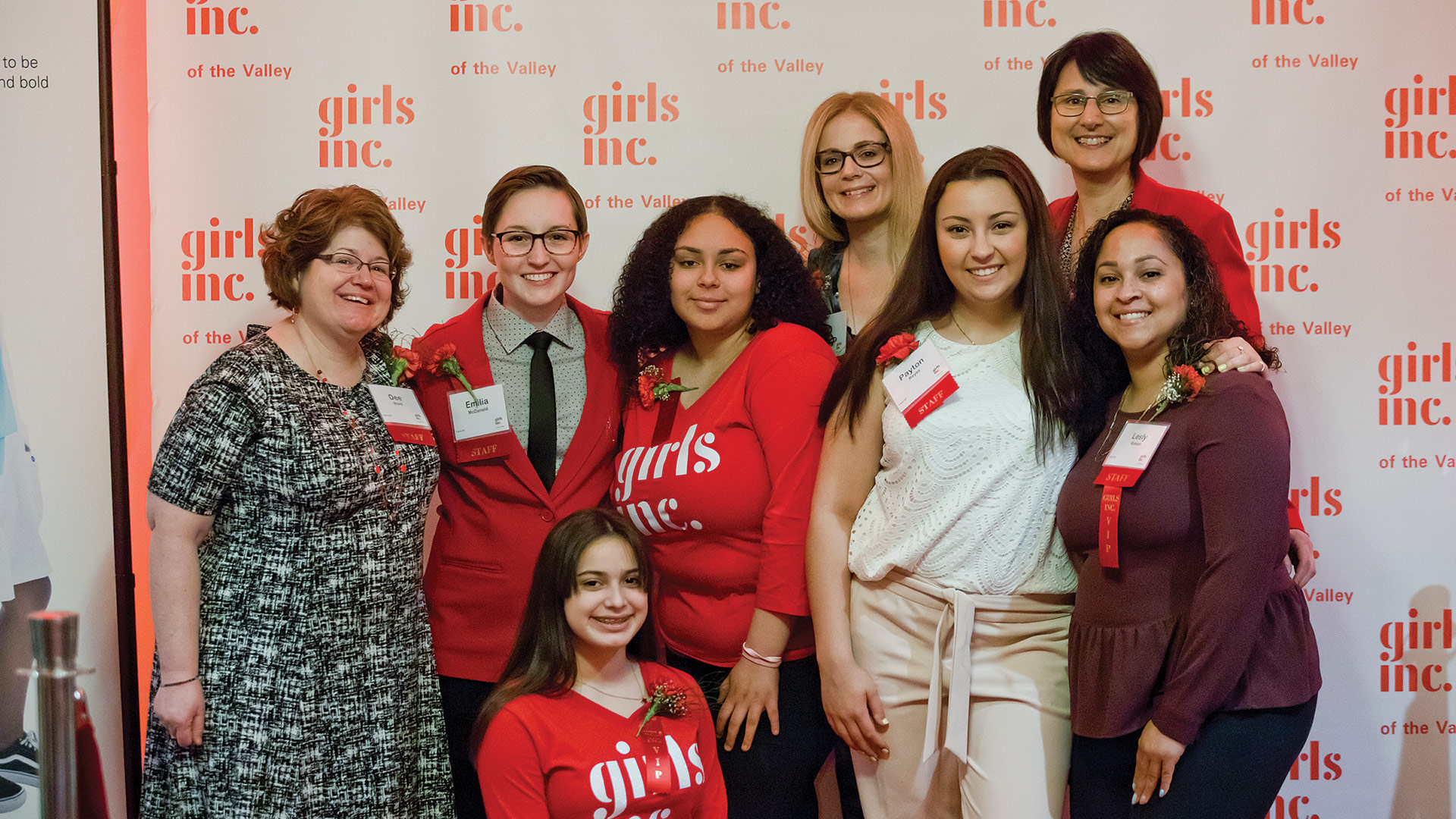
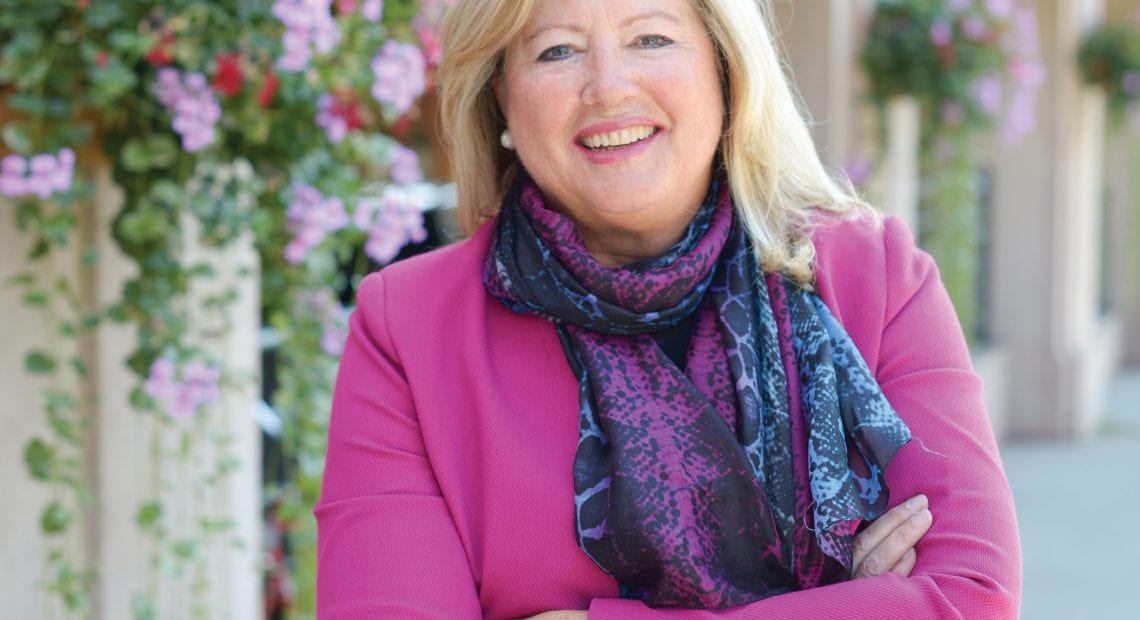
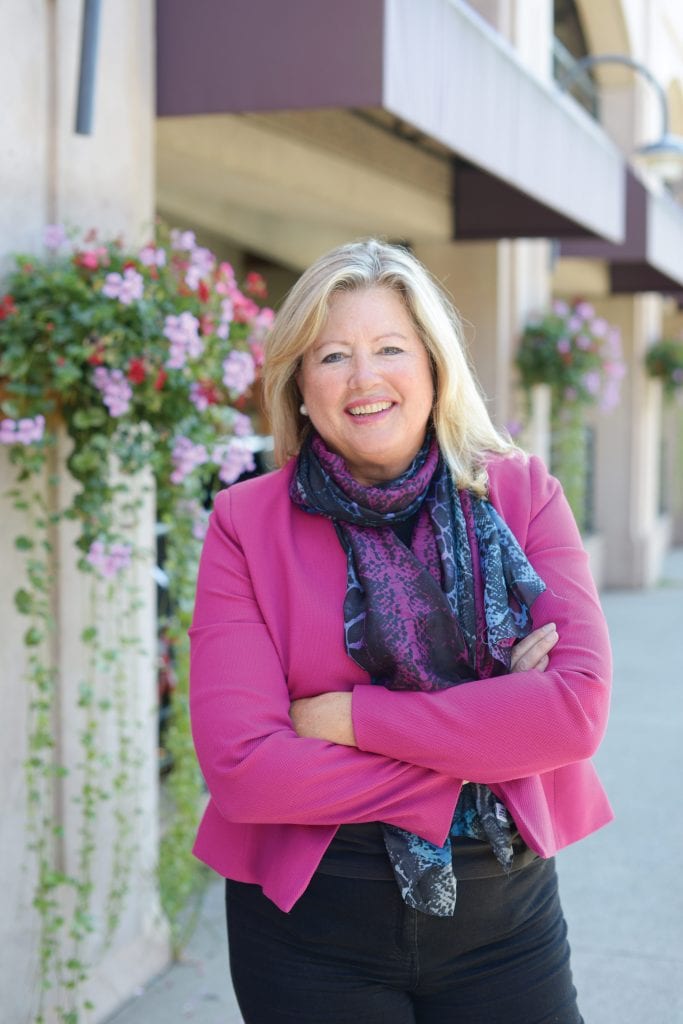 This Investor and Mentor Is Making a Difference within the Entrepreneurship Ecosystem
This Investor and Mentor Is Making a Difference within the Entrepreneurship Ecosystem